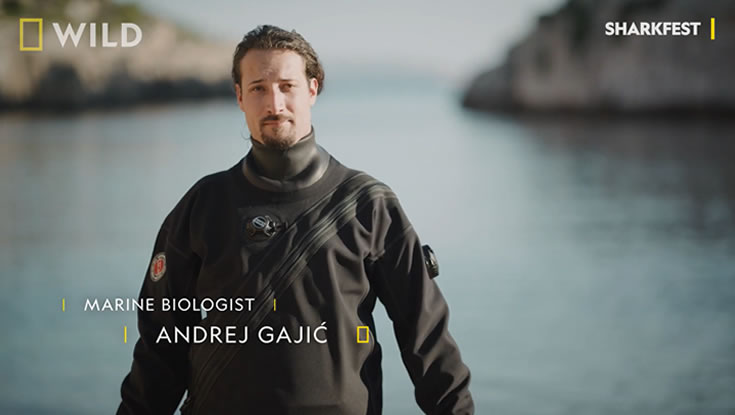
We bring new knowledge
Scientific Research
At the heart of our activities lies multidisciplinary cutting-edge research, where we delve into the ecology, traumatology and conservation of elasmobranchs
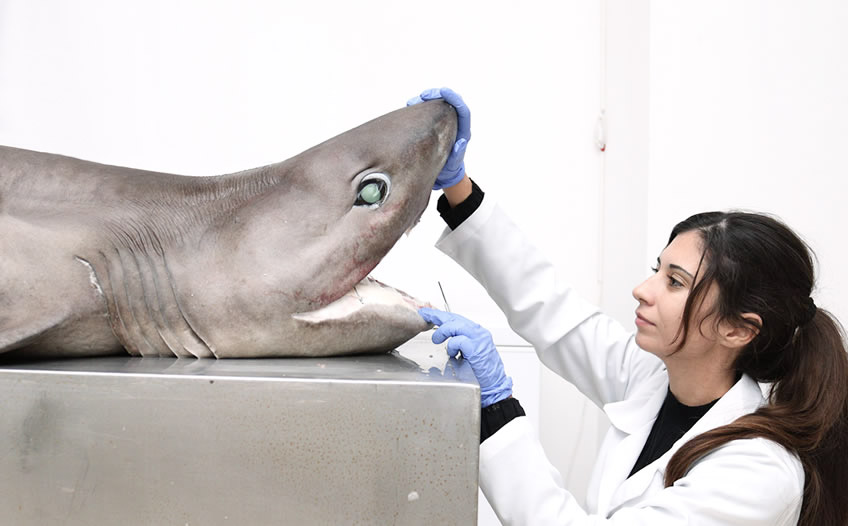
The deep-sea research
We are leading the first systematic deep-sea research in the Adriatic, exploring the rarest and endangered species.

Post-capture survival
We integrate pathology, radiology, and histology to deliver a holistic view of health and fishery-induced trauma.
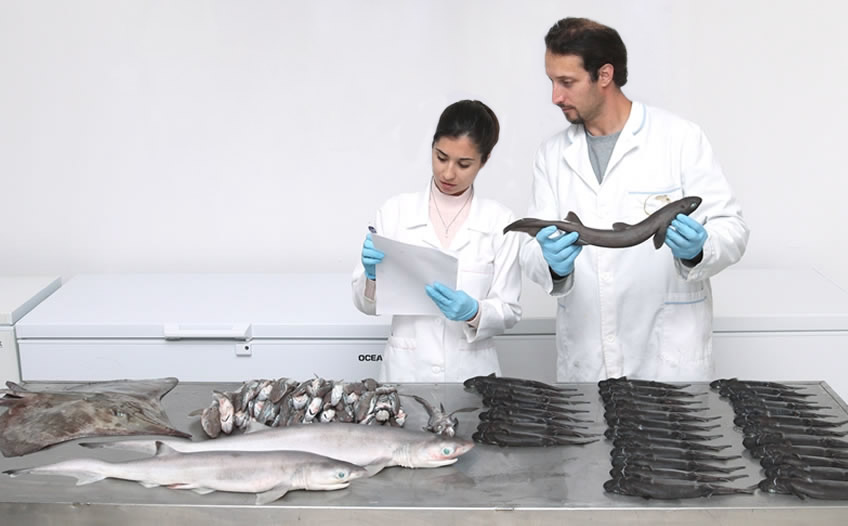
From rarity to reality
We specialize in rediscovering and providing vital data on elusive, little-known species and their populations
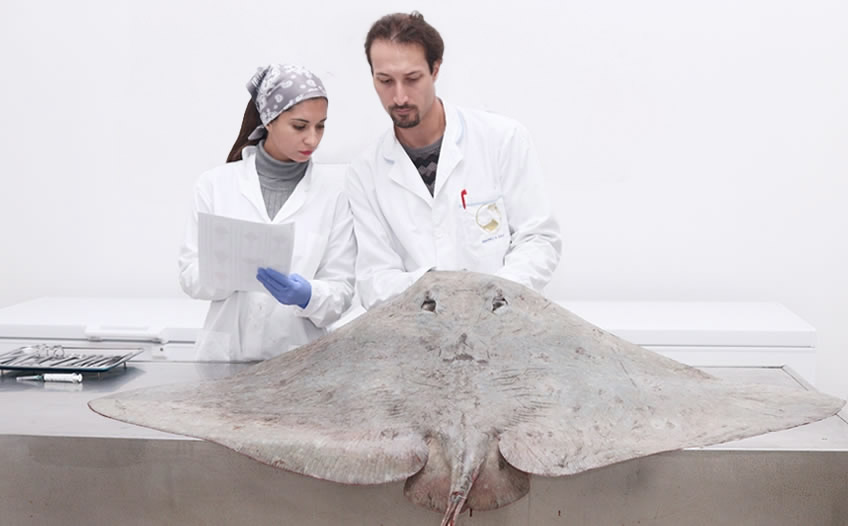
Rediscovering species
Through our systematic field research we have rediscovered populations of species thought to be extinct in the region
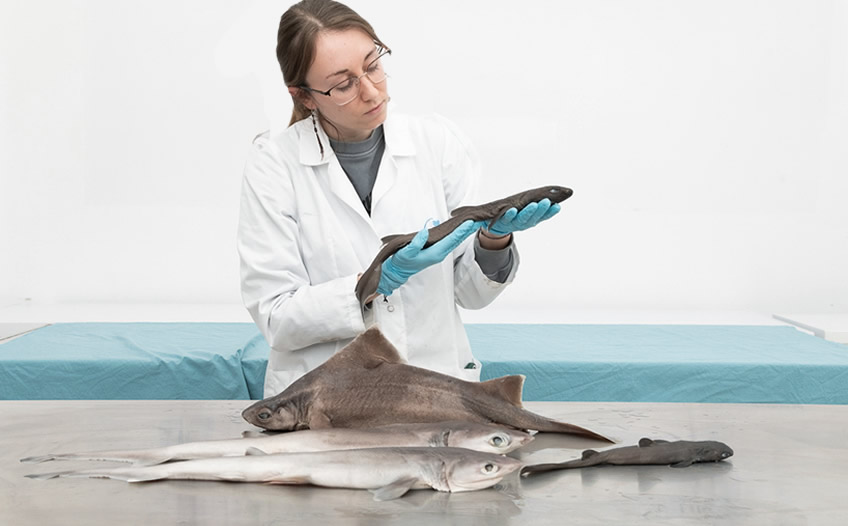
Internship program
At Sharklab ADRIA, we are more than a research center—we are unique hub empowering the next-generation scientists
Welcome to the Sharklab ADRIA
We bring new knowledge
At the heart of our activities lies multidisciplinary cutting-edge research, where we delve into the ecology, post-capture survival and effective conservation of sharks, skates and rays.

The deep-sea research
We are leading the first systematic deep-sea research in the Adriatic, exploring the rarest and endangered species.

Post-capture survival
We integrate pathology, radiology, and histology to deliver a holistic view of health and fishery-induced trauma.

From rarity to reality
We specialize in rediscovering and providing vital data on elusive, little-known species and their populations

Rediscovering species
Through our systematic field research we have rediscovered populations of species thought to be extinct in the region

Internship program
At Sharklab ADRIA, we are more than a research center—we are unique hub empowering the next-generation scientists
Join our professional practices
We are the HUB
for next-gen scientists
We are a dynamic hub where passionate individuals gain unmatched expertise through immersive fieldwork, advanced lab training, and unique lectures. Our programs fast-track careers with real-world experience and authorship opportunities.
We offer theses, professional practice, and internships!
pioneering the Future of Shark Conservation
Understanding trauma
&post-capture survival
At Sharklab ADRIA, we lead the systematic research on trauma, injuries from fishing gear, and post-capture survival in sharks and rays—critical yet often overlooked aspects of marine conservation and fisheries management. long-term population health.
Browse through our field and laboratory research!
pioneering the Future of Shark Conservation
Understanding post-capture survival
At Sharklab ADRIA, we lead the systematic research on trauma, injuries from fishing gear, and post-capture survival in sharks and rays—critical yet often overlooked aspects of marine conservation and fisheries management. long-term population health.
Join our professional practices
We are the HUB
for next-gen scientists
We are a dynamic hub where passionate individuals gain unmatched expertise through immersive fieldwork, advanced lab training, and unique lectures. Our programs fast-track careers with real-world experience.
Highlights
IUCN World Congress
Abu Dhabi, UAE
Emina, as a GEF Fellow invited by GEF and Mohamed Bin Zayed Foundation, participated in the IUCN World Congress, delivered species reports, and met H.E. Razan Al Mubarak, president of IUCN. During the event, Emina had opportunity to share novel discoveries and conservation challenges in the Adriatic region.
Global Media Recognition & Impact
Our groundbreaking discoveries have been featured in thousands of media outlets worldwide, from National Geographic, Nat Geo WILD, Discovery, BBC, CNN, and Arte to Forbes, Yahoo, MSN, and many more. Covered in over 50 languages, our work has reached hundreds of millions across every continent. These features not only share our science but also inspire global awareness, emphasizing the urgent importance of conserving sharks, rays, and the fragile ecosystems they inhabit.
Global Media Recognition & Impact
Our groundbreaking discoveries have been featured in thousands of media outlets worldwide, from National Geographic, Nat Geo WILD, Discovery, BBC, CNN, and Arte to Forbes, Yahoo, MSN, and many more. Covered in over 50 languages, our work has reached hundreds of millions across every continent. These features not only share our science but also inspire global awareness, emphasizing the urgent importance of conserving sharks, rays, and the fragile ecosystems they inhabit.
We bring new knowledge
Recent papers
Over the last decade, our researchers have published over 100 original scientific papers, communications, and conference proceedings; as well as four books focusing on Adriatic elasmobranchs.
Gajić, A., Sulikowski, J.A., Rummer, J.L., Gayford, J.H., Karalić, E., Beširović, H., Latta, E.N., Møller P.R. (2025). First reported evidence of healing after a traumatic mandibular fracture with associated soft tissue avulsion in the deep-sea sevengill shark (Heptranchias perlo). Journal of Fish Biology, In press.
Gajić, A. (2025). Documenting the first neonate and juvenile rare deep-sea kitefin shark (Dalatias licha) in the Adriatic Sea, with insight into fishery-induced trauma. Environmental Biology of Fishes, In press.
Gajić, A., & Martin, A. G. (2025). The first evidence of long-term survival of the deep-sea Blackmouth catshark (Galeus melastomus) following release from bottom longline fisheries. Fisheries Management and Ecology, 32(5), 349-353.
Gajić, A., De Loose, E., Martin, A. G., Neuman, E., Karalić, E., Beširović, H., & Gayford, J. H. (2025). Two’s company: monozygotic twinning in the small spotted catshark (Scyliorhinus canicula). Journal of Fish Biology, 107, 662–666.
De Loose., E., Gayford, J. H., Karalić, E., Annibaldi, A., Girolametti, F., Illuminati, S., Beširović, H., & Gajić, A. (2025). Trace element concentration and toxicity in blackspotted smooth-hound sharks (Mustelus punctulatus) from the southern Adriatic Sea: implications for consumer safety. Marine Pollution Bulletin, 213, 117630
Gajić, A., de Loose, E., Martin, A. G., Neuman, E., & Karalić, E. (2025). First description of leucism in the deep-sea angular rough shark (Oxynotus centrina) and the first documented pigment disorder in family Oxynotidae Gill, 1912. Journal of Fish Biology, 106, 649-653.
We bring new knowledge
Recent papers
Gajić, A., Sulikowski, J.A., Rummer, J.L., Gayford, J.H., Karalić, E., Beširović, H., Latta, E.N., Møller P.R. (2025). First reported evidence of healing after a traumatic mandibular fracture with associated soft tissue avulsion in the deep-sea sevengill shark (Heptranchias perlo). Journal of Fish Biology, In press.
Gajić, A. (2025). Documenting the first neonate and juvenile rare deep-sea kitefin shark (Dalatias licha) in the Adriatic Sea, with insight into fishery-induced trauma. Environmental Biology of Fishes, In press.
Gajić, A., & Martin, A. G. (2025). The first evidence of long-term survival of the deep-sea Blackmouth catshark (Galeus melastomus) following release from bottom longline fisheries. Fisheries Management and Ecology, 32(5), 349-353.
Gajić, A., De Loose, E., Martin, A. G., Neuman, E., Karalić, E., Beširović, H., & Gayford, J. H. (2025). Two’s company: monozygotic twinning in the small spotted catshark (Scyliorhinus canicula). Journal of Fish Biology, 107, 662–666.
De Loose., E., Gayford, J. H., Karalić, E., Annibaldi, A., Girolametti, F., Illuminati, S., Beširović, H., & Gajić, A. (2025). Trace element concentration and toxicity in blackspotted smooth-hound sharks (Mustelus punctulatus) from the southern Adriatic Sea: implications for consumer safety. Marine Pollution Bulletin, 213, 117630
Gajić, A., de Loose, E., Martin, A. G., Neuman, E., & Karalić, E. (2025). First description of leucism in the deep-sea angular rough shark (Oxynotus centrina) and the first documented pigment disorder in family Oxynotidae Gill, 1912. Journal of Fish Biology, 106, 649-653.
New Knowledge & Effective Solutions
Featured Projects

What lurks in the depths?
Discovering and protecting the most bizarre, the most unknown and the most interesting deep-sea species
Andrej A. Gajić
TEC Discovery Channel

New hope for Angel sharks
Discovering and protection the most endangered sharks in the world and giving them a secong chance
Andrej A. Gajić
Foundation Ensemble

Exploring Sharks of Albania
Rescue, rehabilitation, tagging (acoustic telemetry) and re-introduction in southern Adriatic Sea of Albania
Andrej A. Gajić
Rufford Foundation

Sandbar sharks
Exploring and protecting Sandbar Sharks throught the Mediterranean Sea
Cattano, C., Gajić, A., Livne, L., Scheinin, A., Medine, S.
National Geographic

Spiny Butterfly Ray
First data on population and nursery area of the critically endangered spiny butterfly ray in the Adriatic Sea
Emina Karalić
Bin Zayed Conservation Fund
In the Mediterranaen region, we have completed 33 projects since 2017.
View all projects
Biodiversity and habitats, Fishery monitoring, Plastics, Disease development, Conservation, and more…
OUR ACTIVITIES AND STUDIED ARE FUNDED AND SUPPORTED BY OUR AWESOME
PARTNERS






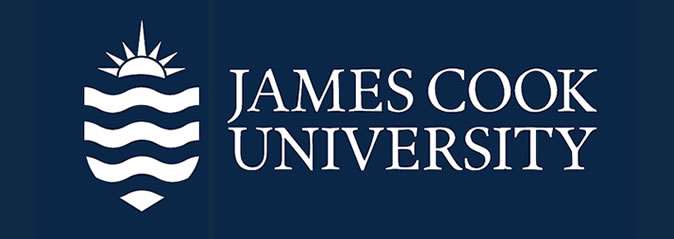
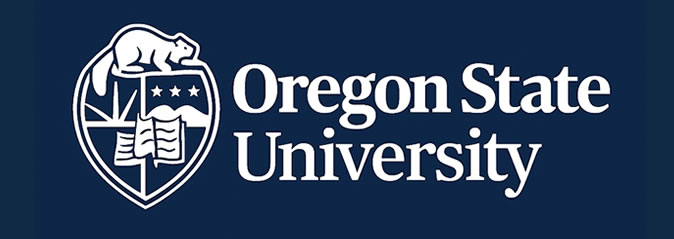

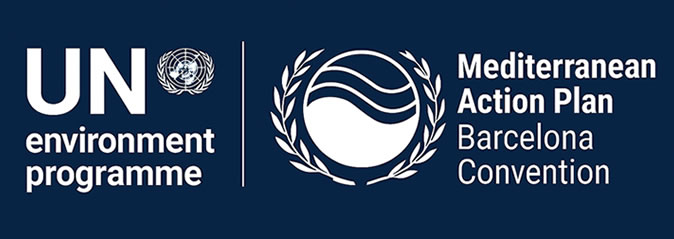





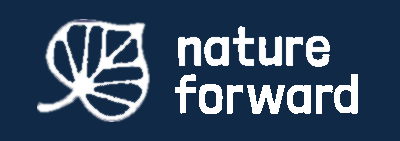


OUR ACTIVITIES AND STUDIED ARE FUNDED AND SUPPORTED BY OUR AWESOME
PARTNERS






Elusive & Critically Endangered
Saving the species
on the brink of extinction
We focus on the conservation of sharks and rays standing at the edge of extinction—species often overlooked, misunderstood, and critically endangered.
Every data point, every rescued animal, and every published study brings us one step closer to ensuring they don’t disappear forever.
pioneering the Future of Shark Conservation
International research
Africa & Asia
Across Asia and Africa, we conduct systematic research on sharks and rays, supporting local and grassroots teams through long-term collaboration. By combining science with capacity building, we deliver cutting-edge training, empowering early-career researchers and communities to advance conservation, fisheries management, and the protection of vulnerable marine ecosystems.
More coming soon!

- office@sharklab-adria.org
- 00387 (0)61 078 104 (BA)
- 00355 (0)69 202 6117 (AL)
- Vlorë (Albania), Il-Hamrun (Malta), Sarajevo (Bosnia-Herzegovina)
ACTIVITIES
- News Digest
- Research
- Conservation
- Projects
- Publications
GET INVOLVED
- Collaborations
- Student internship
- M.Sc./Ph.D. thesis
- Adopt a shark
- Make a donation
SUBSCRIBE
Sharklab ADRIA 2007 – 2026 © All Rights Reserved
Designed and developed: A. Gajić
Sharklab ADRIA 2007 – 2026 © All Rights Reserved
Designed by: A. Gajić
